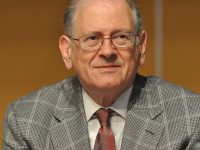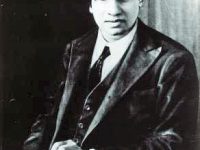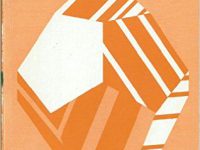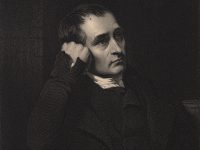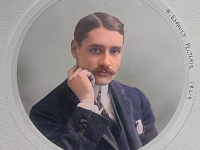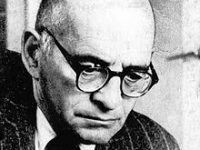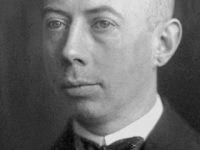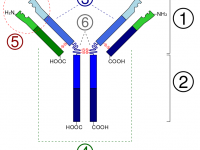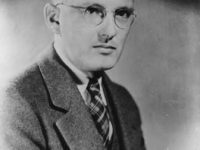Robert Kahn and the Internet Protocol
On December 23, 1938, American computer scientist and internet pioneer Robert E. Kahn was born. Along with Vint Cerf, Kahn invented the Transmission Control Protocol (TCP) and the Internet Protocol (IP), the fundamental communication protocols at the heart of the Internet. I had the pleasure to meet Bob Kahn (as well as Vint Cerf) in the course of one of the IPv6 summits at Hasso Plattner Institute Potsdam, Germany, by the time…
Read more

